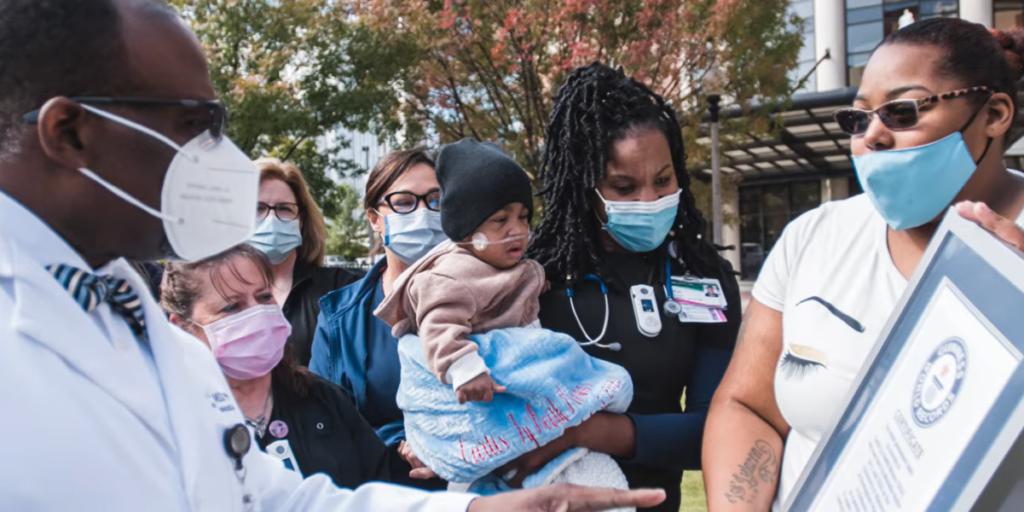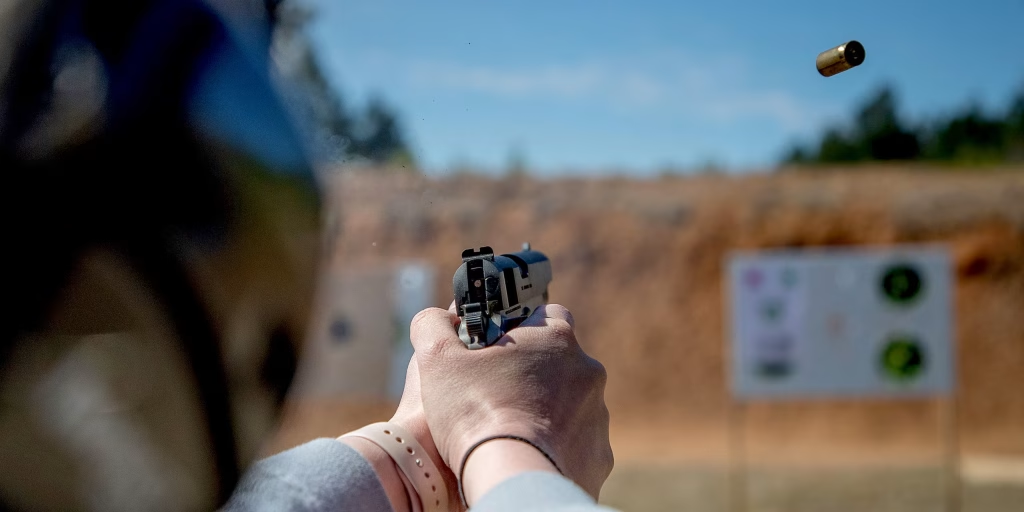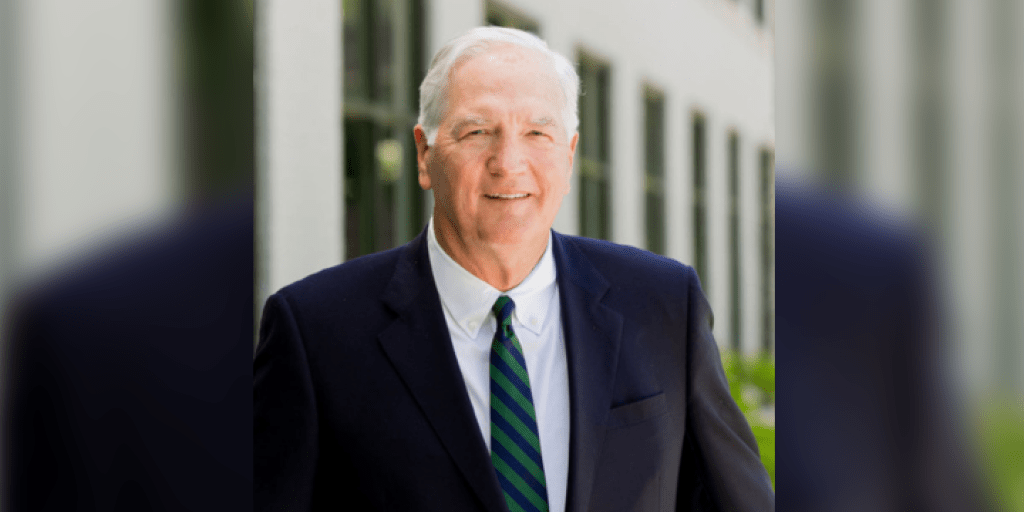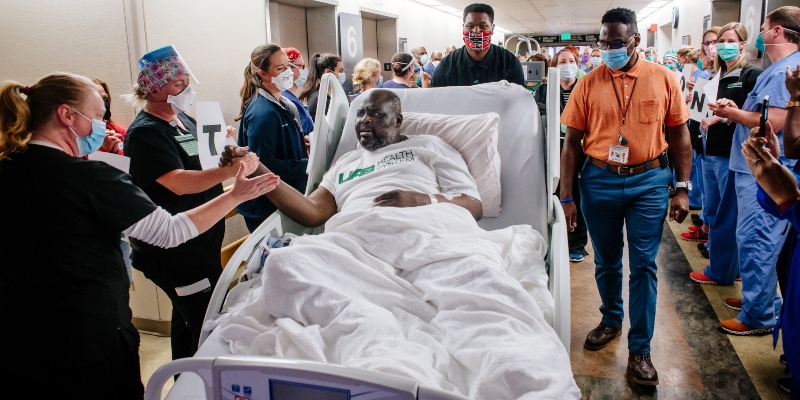After receiving care for 275 days at UAB’s Regional Neonatal Intensive Care Unit (RNICU), Curtis Means was discharged from the hospital. Six months later, he was officially recognized by Guinness World Records as the world’s most premature infant to survive.
On July 4, 2020, Michelle Butler went into labor at 21 weeks and one day gestation. she was immediately rushed to UAB Hospital. The following day she gave birth to premature twins, Curtis and C’Asya.
Being born so prematurely, the twins’ chance of survival was less than 1%.
The RNICU staff began registering post-birth care as the infants received ventilator and oxygen support in an effort to increase survival chances. C’Asya passed a day later.
According to UAB, as Curtis fought for life, his health began improving as his heart rate and oxygen levels increased.
Attending physician on-call when Butler was born, Brian Sims, M.D., Ph.D., professor of pediatrics in the UAB Division of Neonatology, noted the normal protocol for infants delivered under such circumstances.
“Numbers show that babies born so young have little to no chances of survival,” Sims advised. “We typically advise for compassionate care in situations of such extremely preterm births. This allows the parents to hold their babies and cherish what little time they may have together.”
He added, “He literally was the first of his kind in a sense so we were in unchartered waters, unchartered territory, Curtis was different. I know his title said 21 weeks and one day but his physiology acted a little bit more mature which was to his favor.”
Colm Travers, M.D., assistant professor in the Division of Neonatology, was amazed that Curtis had responded well to the treatment. At the time, Travers did not recall an infant as young as Curtis surviving such a gestational age.
“Survival at such a young gestational age has never happened before so before he was born his chances of survival would have been less than one percent,” advised Travers.
“Curtis defied all scientific odds,” he declared. “Gestational age and birth weight are two key predictors of a premature baby’s survival, and other factors include if the baby is a female, a single birth and if the mother was administered steroids that help with lung development before birth. Curtis did not meet any of these criteria.”
Curtis’ mother recalled the early days of his life, noting that she knew it was too early to give birth.
“I was just praying to say, you know, please keep my kids here with me, but it was just hard,” said Butler.
She added, “When I knew that he wasn’t having a good day, I’d just go over there to him, pray, hold my hand over him… The days I was able to hold, I [held] him for about six hours straight.”
Curtis is now 16 months old and doing well, according to his mother.
“He’s very active now, at first you know he was moving slow,” said Butler. “He could slide down off your lap, stand up like you want to go ahead and start walking. He started to you know babble at the mouth.”
Prior to leaving UAB, Travers asked Butler for her permission to contact Guinness World Records to inquire about the possibility of her son being the youngest baby ever to be born.
After six months of being home from the hospital, Curtis’ care team surprised Butler at the UAB Women and Infants Center, where they gifted the family with the Guinness World Records certificate.

The certificate read, “Guinness World Records – The most premature baby to survive is Curtis Zy-Keith Means (U.S.A.) who was born to Michelle Butler on 5 July 2020 at the University of Alabama at Birmingham Hospital in Alabama, U.S.A. at a gestational age of 21 weeks 1 day or 148 days, making him 132 days premature.”
Dylan Smith is a staff writer for Yellowhammer News. You can follow him on Twitter @DylanSmithAL













